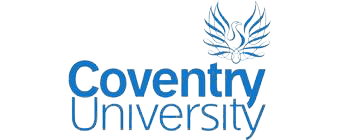Upon successful completion, and through practical case studies, you will understand the individual, team and organisational factors that can affect workplace behaviours, such as decision-making, personnel selection, motivation, and teamwork, as well as the techniques needed to manage such situations.
- Aims to provide you with a thorough grounding in the theory and practical skills required to apply psychological research, business tools and methods within a variety of organisational settings and corporate cultures.
- Learning business psychology-related techniques to promote individual workplace wellbeing and organisational success.
- Aims to prepare you for business and organisational psychology roles in management or consultancy, in human resources and the many other occupational functions, such as learning, training and development, recruitment, health and wellbeing.














